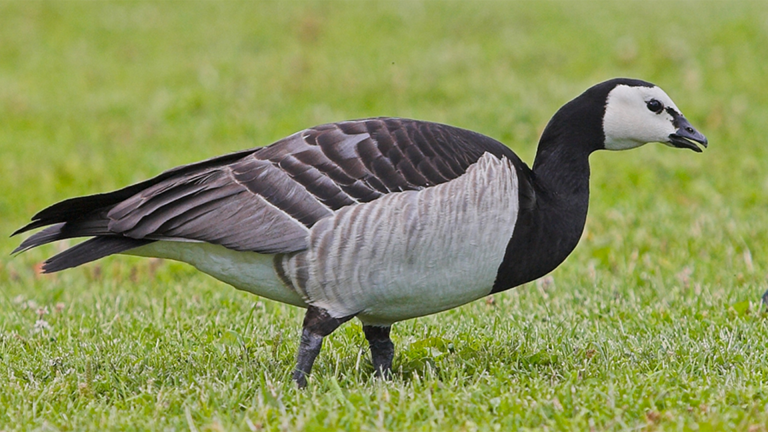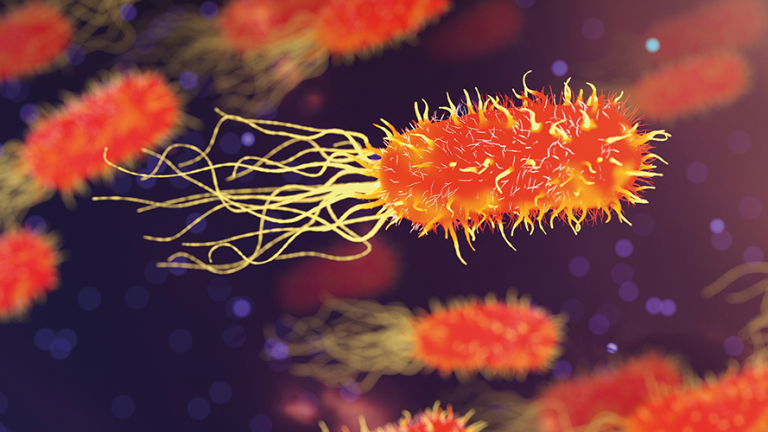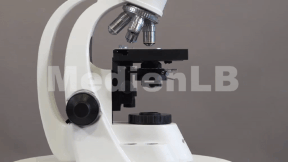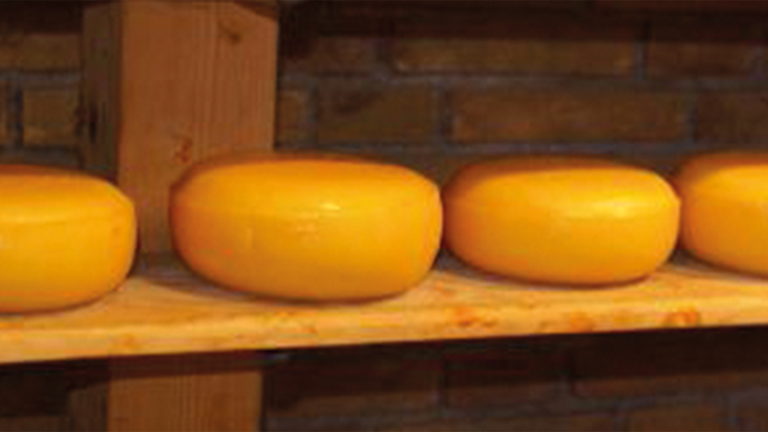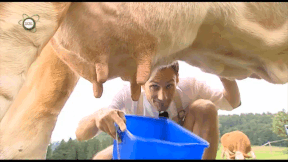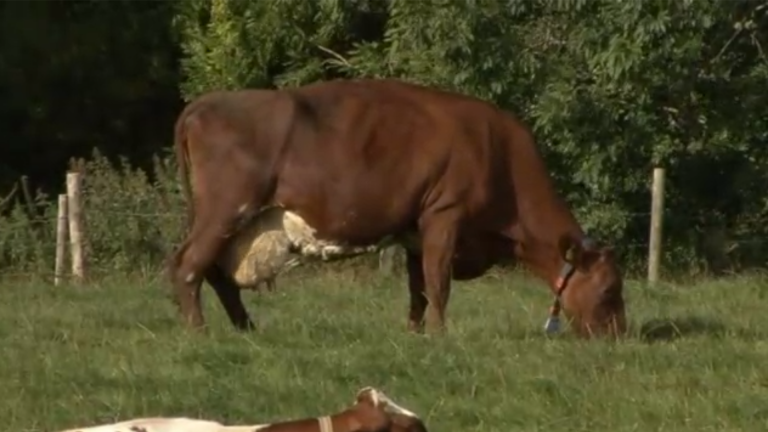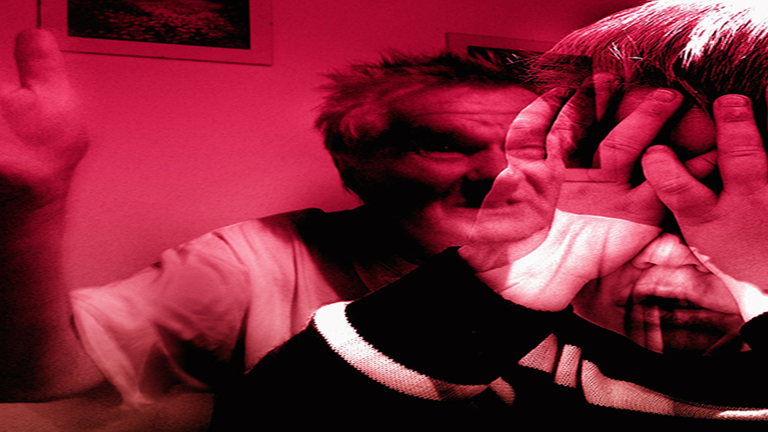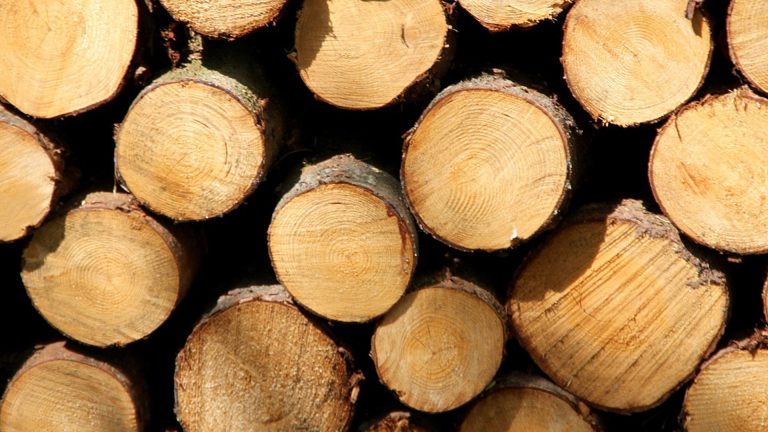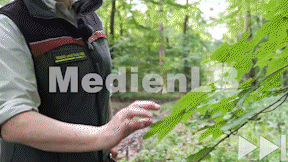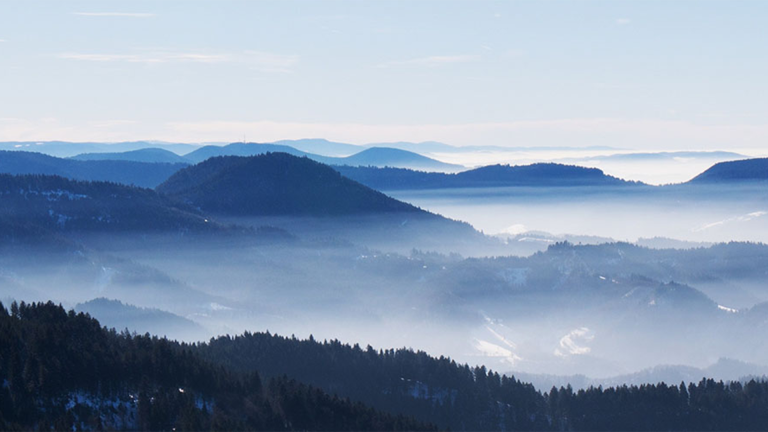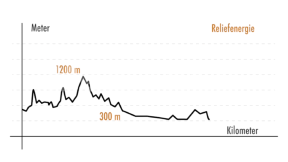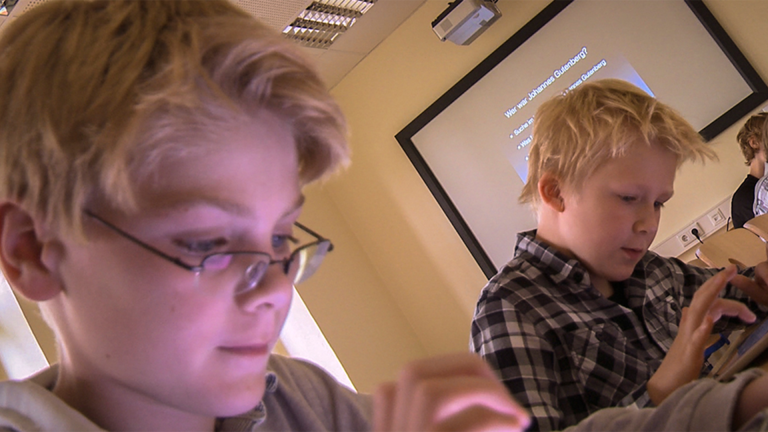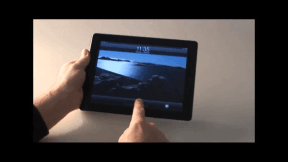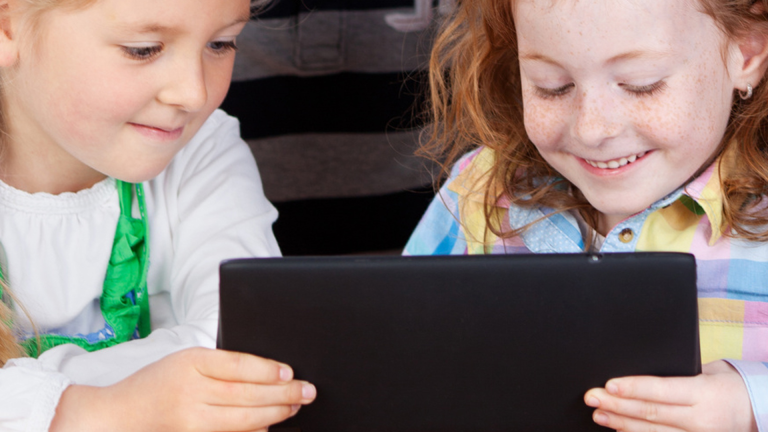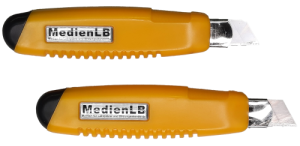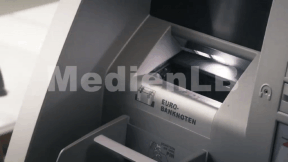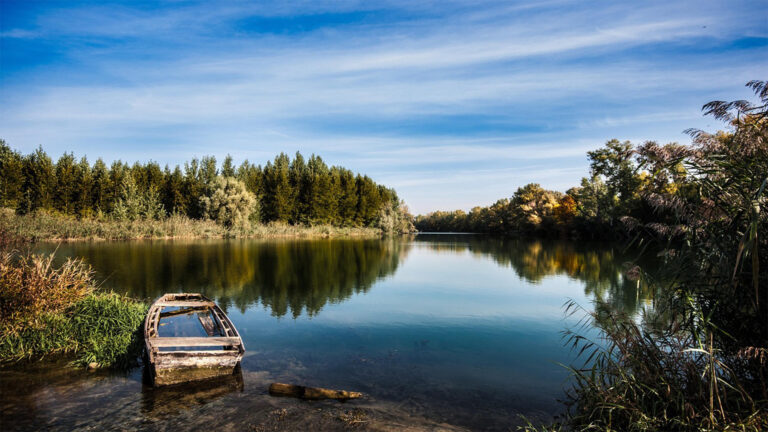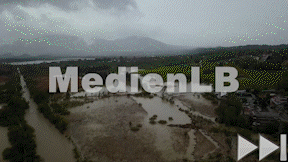Suche:
- # Artistry
- # Biology
- # Chemistry
- # Ecological
- # Economy
- # English
- # Foreign Language
- # Geography
- # German
- # Health
- # History
- # Informatik
- # Latin
- # Mathematics
- # Media Education
- # Music
- # Physics
- # Politics / Civics
- # Preschool
- # Primary School
- # Religion
- # Society
- # Sports
- # Technology
- # Training of Teachers
- # Vocational Education
Migratory Birds
Wenn Vogelarten die Jahreszeiten an unterschiedlichen Orten verbringen, werden sie als Zugvögel bezeichnet. Mehrere Milliarden von ihnen sind jährlich unterwegs. Alljährlich machen sie sich von ihren Brutplätzen auf den Weg in ihr Winterquartier und zurück. Dabei fliegen manche Arten Tausende Kilometer. Sie überqueren Gebirge, Ozeane und Kontinente. Es ist eine Reise voller Hindernisse und Gefahren. Wie finden Zugvögel punktgenau ihr Ziel? Sie haben mehrere Möglichkeiten: Mit ihrem inneren Kompass können sie das Erdmagnetfeld wahrnehmen. Wie sie das genau machen, weiß man noch nicht. Sie können sich aber auch am Stand der Sonne, der Sterne und anhand der Landschaften orientieren. Den Sonnenstand erkennen sie selbst bei bedecktem Himmel, da sie UV-Licht wahrnehmen. Durch Meeresbrandung entstehen tiefe, für uns unhörbare sogenannte Infraschalltöne. Auch danach können sich einige Vogelarten orientieren. Gemeinsam mit dem umfangreichen Unterrichts- und Begleitmaterial auf dem Datenteil der DVD ist der mehrsprachige Unterrichtsfilm bestens für den Einsatz im Unterricht geeignet.
Learn moreMikroskopieren lernen
Das Mikroskop öffnet den Blick in die riesige Welt des Allerkleinsten.
Learn moreMilch und Käse
Seit Jahrtausenden wird aus geronnener Milch eines der schmackhaftesten und vielfältigsten Grundnahrungsmittel hergestellt: Käse. Alle Varianten und Sorten aufzuzählen, die es allein in Europa gibt, ist eine nahezu unlösbare Aufgabe. Am berühmtesten sind die gelben Laibe aus der Schweiz und Frankreich. Aber auch Deutschland braucht sich in der Käse-Frage nicht hinter seinen beiden Nachbarn zu verstecken. Für "Schau dich schlau!" begeben sich Joey Grit Winkler und Fero Andersen auf die Reise ins Käse-Universum. Während Joey alle offenen Fragen rund ums Thema klärt, beschäftigt sich Fero mit praktischen Dingen - der Käseherstellung!
Learn moreMilk
Milk is one of the oldest and, at the same time, most natural foods we know. This DVD provides comprehensive information on cow’s milk. Where does the milk come from, how are the cows best cared for, what do they eat? What breeds of cattle are there, how are the cows milked today compared to the past? What is the udder actually? What types of milk are there? What do pasteurised, ultra-heat treated, homogenised and sterilised mean? How does it get from the cow to the consumer? How is milk bottled and packed? What kinds of fresh dairy products are there? And how is butter and cheese made from milk? In the last chapter of the DVD, we take a look back into the past and show the history of milk production.
Learn moreMisshandlungen
Im Paragraf 1631 Inhalt und Grenzen der Personensorge steht (2) Kinder haben ein Recht auf gewaltfreie Erziehung. Körperliche Bestrafungen, seelische Verletzungen und andere entwürdigende Maßnahmen sind unzulässig. (…)
Learn moreMit der Försterin unterwegs
Der Beruf „Förster“ ist wichtig und vielfältig. Die Försterin / der Förster kümmert sich um den Baumbestand und die Waldnutzung.
Learn moreMittelgebirge
Harz und Schwarzwald gehören zu den Mittelgebirgen. Sie prägen die deutsche Landschaft, der Schwarzwald im Südwesten, der Harz im Norden und Osten.
Learn moreMobile Learning I
Increasing mobility is a dominant characteristic of the present age. Here the school just follows a general social trend. But with growing mobility not only new devices are coming to the fore but also new concepts of learning are being developed as well as new ways of cooperation between pupils and pupils and pupils and teachers. By now the iPad has established itself as one of the most frequently used mobile learning devices. Is that an irrational hype or does the iPad really mark a turning in mobile learning? The various possibilities of interaction are a particular strength of the mobile device. Because of the huge amount of technical potentialities mobile learning tools such as the iPad will certainly have a lasting impact on future instruction and will change it considerably. Moreover, the new technology also offers the chance to reconsider contents and methods of teaching and learning and redefine them. Implemented with reason, the iPad will provide a creative and positive effect on education and schools.
Learn moreMobile Learning II
Oh, what’s that? Original soundtrack Thissen: “As our children grow up in a media world and naturally handle the media, they should also be a topic in school.“ An older child says the point is that they don’t just load down apps but create things themselves that haven’t existed so far. Hi, I’m Jana. A propeller hat. I’ll put it on. Now I’m no longer a simple rhino, but a flying rhino. Original soundtrack Thissen: “It’s exactly the great flexibility of tablets that promotes very personalised and adapted learning.” Original soundtrack Welzel: “It’s fascinating to see how the children grow with their products and how they always want to improve them.” The Westminster Abbey is a church in London for the royal family. Original soundtrack Welzel: “And?“ They think it is ok.
Learn moreMonetary System
For many hundreds of years, means of payment have been used for the exchange of goods. Initially, shells, silver or gold were offered as payment. Today money still fulfils the same purpose, but its form and complexity have changed profoundly.
Learn moreMoore in Deutschland
Der Schulfilm erklärt anschaulich, was Moore sind und warum sie für Klima und Hochwasserschutz so wichtig sind.
Learn moreMotivation
Das Wort „Motivation“ hat seinen Ursprung im lateinischen „movere“ (bewegen). Motivation ist also die Kraft, die uns zum Handeln bewegt.
Learn more



